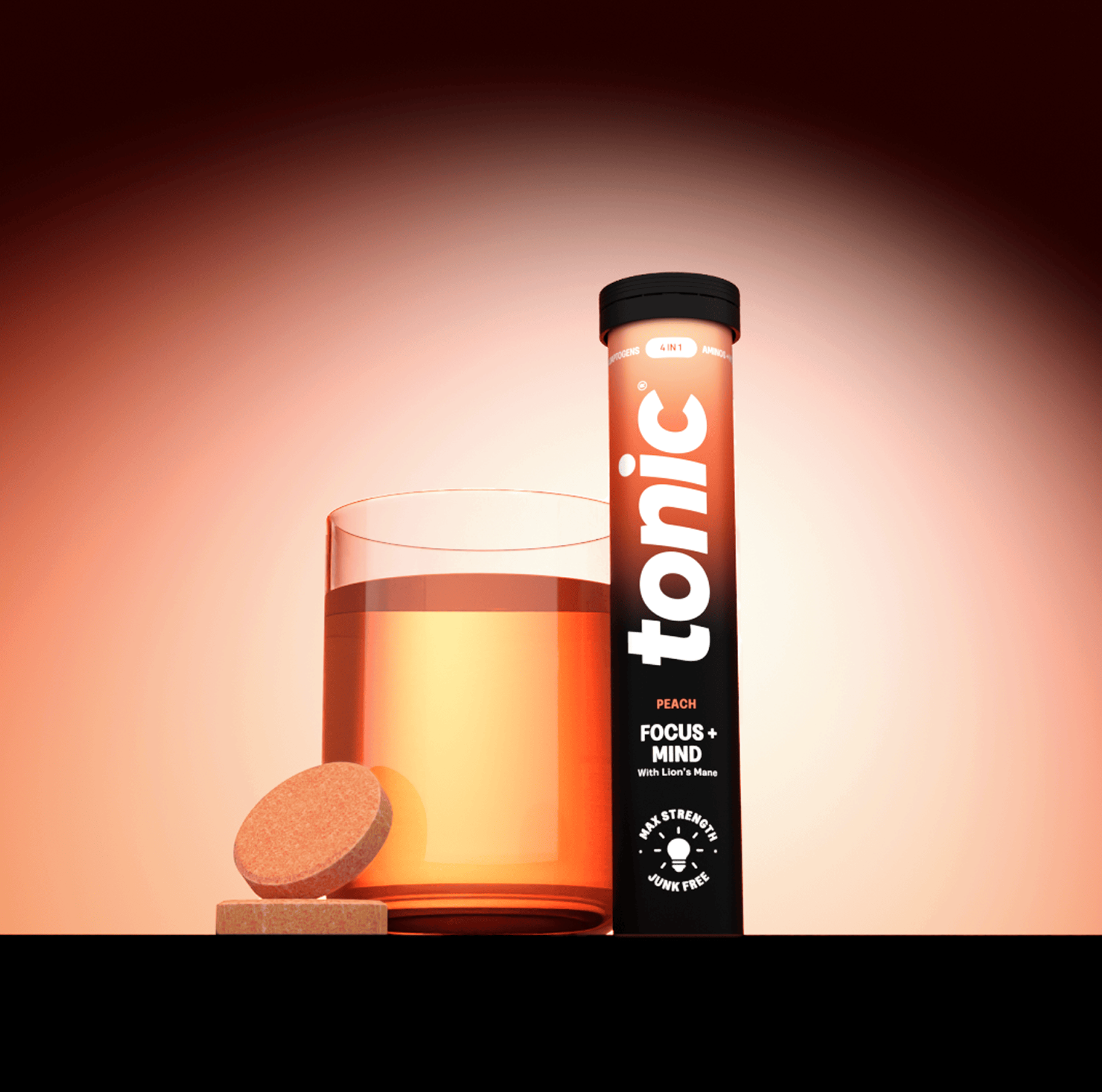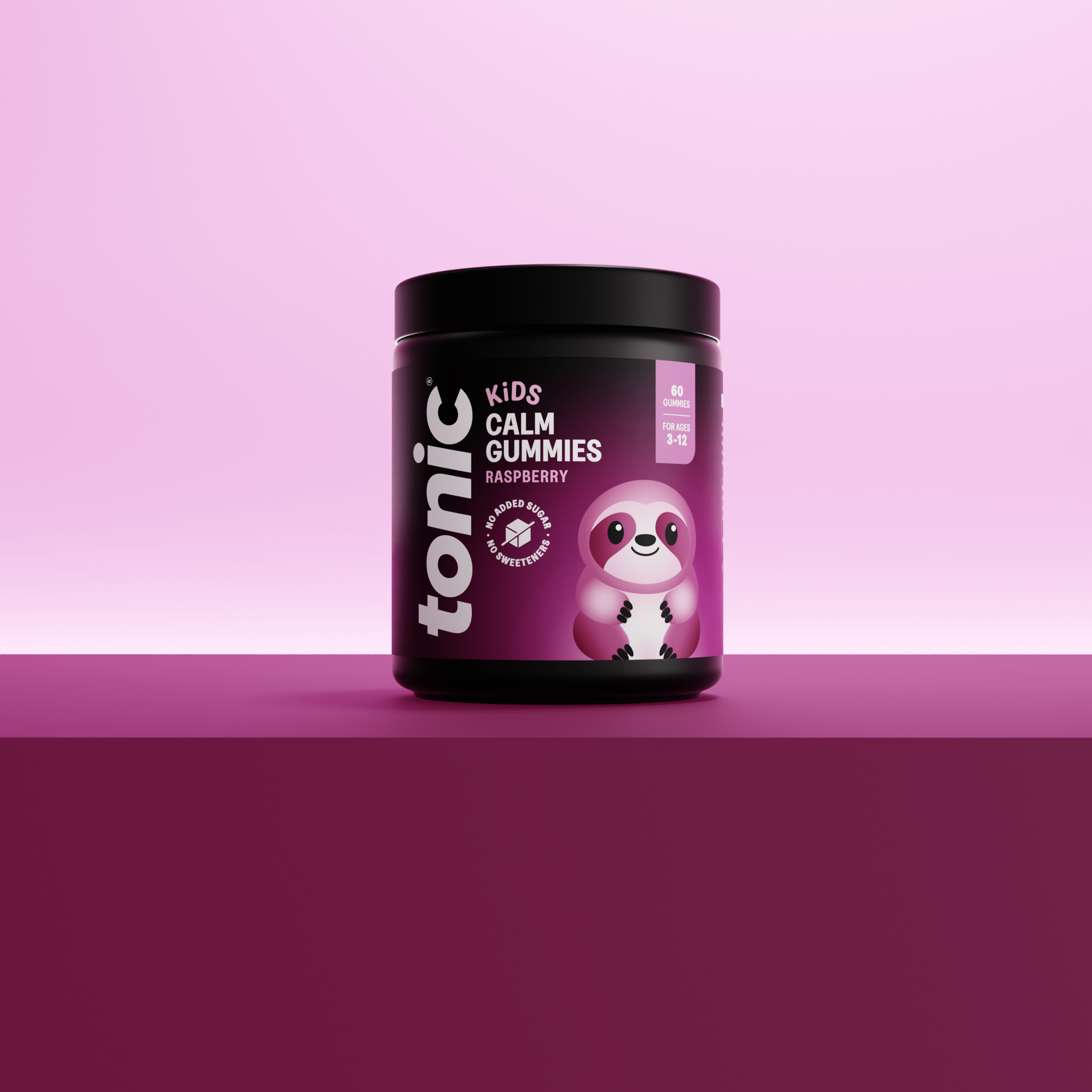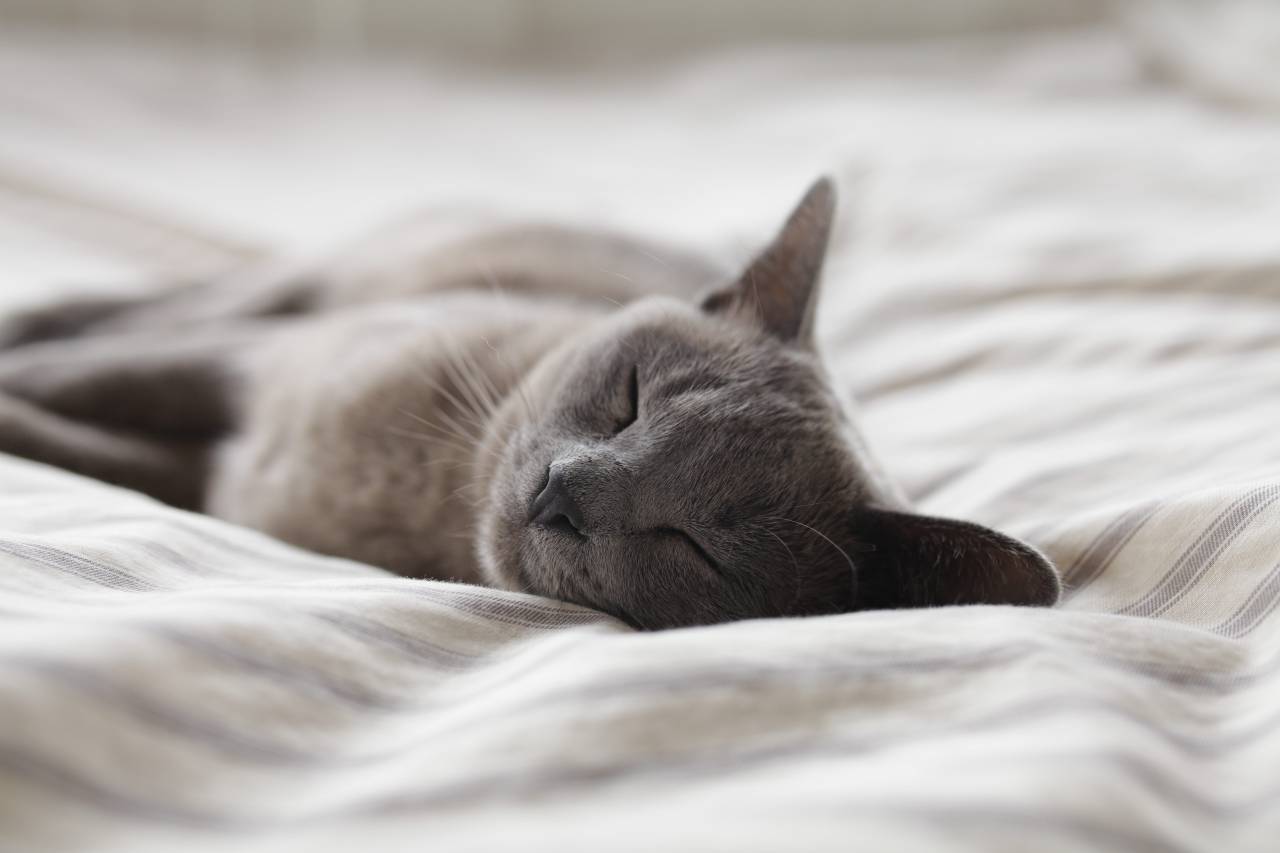As a supplement, GABA has long been the subject of a lot of confusion. That’s probably partly due to it being not only a supplement capable of ingestion, but also a chemical produced within the body. And while those two things are also true of melatonin, GABA is nothing like as well-known.
GABA is important to the body in terms of mood and sleep, yet hasn’t received as much attention as many other supplements purported to help with these aspects of health. So, what exactly is GABA, and are its potential effects on your sleep something you need to know about?
What is GABA?
GABA is also frequently referred to as Gamma-Aminobutyric Acid. It is a naturally occurring amino acid which acts as a neurotransmitter of the central nervous system, inhibiting excitatory responses.
A neurotransmitter is a chemical messenger in the body. GABA is classed as an inhibitory neurotransmitter, as it blocks specific signals in the central nervous system, thereby reducing brain activity. Or, to put it in layperson’s terms, it can have a calming effect on your brain and body.
It is this that has helped to cultivate GABA’s growing reputation as a supplement with a potentially wide range of beneficial effects – including not only the improvement of sleep, but also the relieving of anxiety and even potentially the lowering of blood pressure.
Low GABA activity in the body, meanwhile, has been associated with adverse effects ranging from anxiety, chronic stress and depression, to muscle pains, headaches and – of particular relevance to many people interested in this supplement – sleep problems like insomnia.
GABA is naturally present in varieties of green, black and oolong tea, as well as fermented foods such as kimchi, miso and tempeh. Other foods either contain GABA or are thought to potentially boost its production in the body, including whole grains, soy, lentils, beans and walnuts.
How does GABA affect sleep?
According to a 2002 study by Claude Gottesmann of the University of Nice, it is well-established that sleep can be aided by the activation of GABA receptors. Another study in the Journal of Clinical Neurology, published in 2018, found that naturally occurring GABA improved sleep quality and sleep efficacy in insomnia patients after four weeks’ treatment.
Many different mental health and physical health conditions can affect your sleep in one way or another. However, there is little doubt that high levels of stress can be a particularly major risk factor for insomnia and other sleep conditions.
A supplement like GABA that could potentially relax and calm us down, then, rightly attracts much interest from the perspective of supporting sleep health.
It’s also why many of us may therefore look to maximise our intake of GABA-promoting foods. Those also include glutamine-rich foods such as beef, chicken and eggs, and foods high in flavonoids, such as tea, cocoa, apples and pears.
Magnesium, too, has been cited as important in the maintenance of GABA. Potential dietary sources of magnesium include almonds, cashews, vegetables, spinach and our own Tonic Health immune support drink.
If you are struggling with stress, anxiety, depression, insomnia or any of the other issues raised in this blog article, please take your symptoms seriously and take the necessary measures, including consulting a health care professional.
Other sources used:
https://www.sleepline.com/gaba-sleep/
https://pubmed.ncbi.nlm.nih.gov/26365137/
https://www.ncbi.nlm.nih.gov/pmc/articles/PMC6031986/
https://www.webmd.com/vitamins-and-supplements/gaba-uses-and-risks
https://www.webmd.com/vitamins/ai/ingredientmono-464/gamma-aminobutyric-acid-gaba







Leave a comment
All comments are moderated before being published.
This site is protected by hCaptcha and the hCaptcha Privacy Policy and Terms of Service apply.